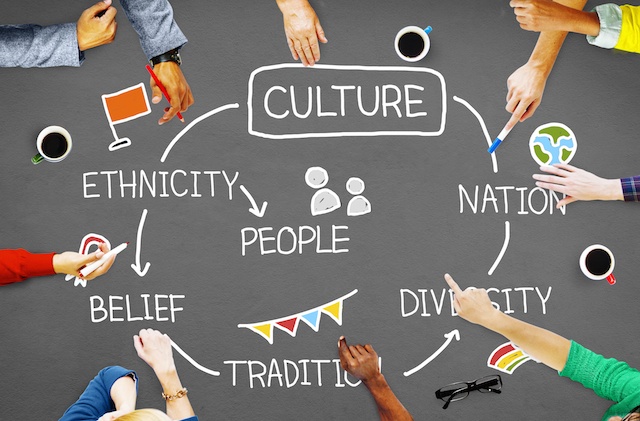The USA has always been an ideal destination for immigrants in search of a better life, especially those from developing and ethnically diverse countries.
In 1986, the Office of Minority Health (OMH) was formed to ensure that all racial and ethnic groups received the best possible healthcare which in turn led to the establishment of The Centre for Linguistic and Cultural Competence in Healthcare that made it mandatory for hospitals to provide their patients with language assistance in forms of interpretive services, both written and verbal.
This has led the Healthcare Industry to hire an increasing number of professionals that are either bilingual or multilingual. According to Thom Bosanquet (Director of Employment and Employee Relations at Lahey Clinic), it is vital for healthcare providers to know more than one language in order to offer a culturally diverse and aware staff so as to get it ‘exactly right’ when dealing with patients.
With the increase in globalization and deterioration of cultural barriers across the world, providing effective and high-quality communication between patients and doctors is a priority in the healthcare industry. Just knowing the correct terminology in another language can help save time and generate high-quality health care for patients.
 Despite English being a universal language, one cannot disregard the importance of various other languages and their importance. However, it isn’t necessary that all healthcare professionals are fluent in English, but are rather proficient in their native language, which too can prove to be disadvantageous in an emergency situation.
Despite English being a universal language, one cannot disregard the importance of various other languages and their importance. However, it isn’t necessary that all healthcare professionals are fluent in English, but are rather proficient in their native language, which too can prove to be disadvantageous in an emergency situation.
George Bernard Shaw quoted that America and England are two nations separated by the same language and this could not be truer today as while the former has asked its workforce to learn languages apart from English, the latter desperately needs the massive immigrant labor force to be quite fluent in it.
The EU policies are an excellent example of this with having restrained the National Health Service (NHS) of United Kingdom from testing the English language proficiency of its potential employees coming in from the EU so as to make the job transition less stressful between the countries which resulted in compromising the health of many patients of NHS as their EU employees weren’t able to understand native English speaking patients.
On one hand, there are countries such as the United States and Canada where being able to speak just English as a medical professional is proving to be disadvantageous due to the culturally diverse patient population, and on the other hand, we have the United Kingdom where the culturally diverse healthcare working population is having communication issues with the local English speaking patients.
Being bi or multilingual can help ease anxiety and nervousness for patients while undergoing treatment, particularly aid the possibility of voicing their reaction, feelings, and inhibitions, as well as give a sense of security to the patient’s family members. Professionals have argued that due to the never-ending demands of their job and hectic schedules, learning a new language in a traditional classroom setting seems next to impossible.
This is where self-learning online language courses can help make a difference and professionals working a full-time job, even as hectic as a doctor, can take 10 minutes a day to learn a language, at their own time and in a highly personalized manner. With the prospect of learning a language at a fair price and at the luxury of time, Healthcare professionals can take advantage of such a medium and benefit themselves as well as the society, all while experiencing a novel and fun method of learning.

The benefits of being multilingual in the Healthcare Industry are many, right from providing a greater sense of comfort and understanding towards the patients and their culture to opening up job prospects in other parts of the world for themselves.
Apart from developed countries seeing an increase in ethnically diverse immigrants over the years, various experts from the developed countries have started stepping foot in under-developed and developing nations with programs such as Doctors without Borders, Aid for Africa and organizations such as UNICEF and WHO partnering with pharmaceutical companies to provide necessary medical facilities.
For those already in the professions or wanting to pursue similar careers, learning a language or two could go a long way, even if it’s just the basics, and the self-learning language portal seems like a great option to do so.
Andrie Steliou
Latest posts by Andrie Steliou (see all)
- 8 Ways to Help Keep Your Child Focused and Engaged in Online Learning - October 19, 2022
- How to Improve Social Intelligence Skills? - May 10, 2022
- How to Improve Organizational Skills at Workplace? - May 6, 2022

